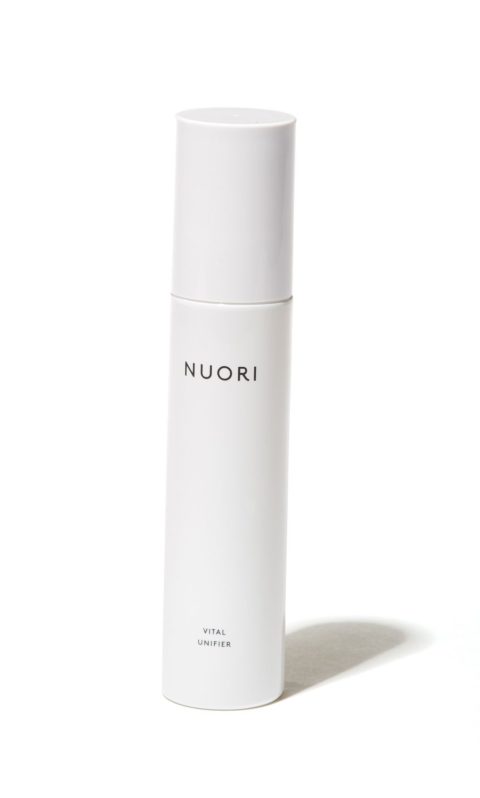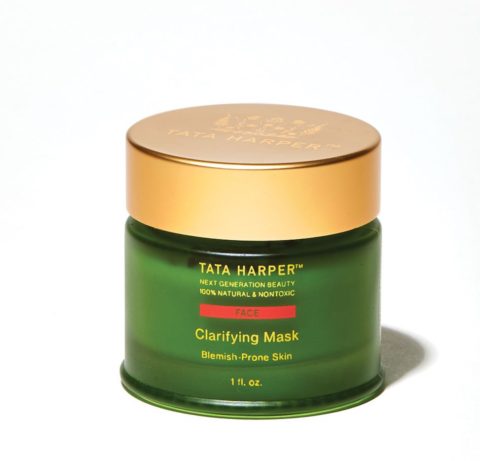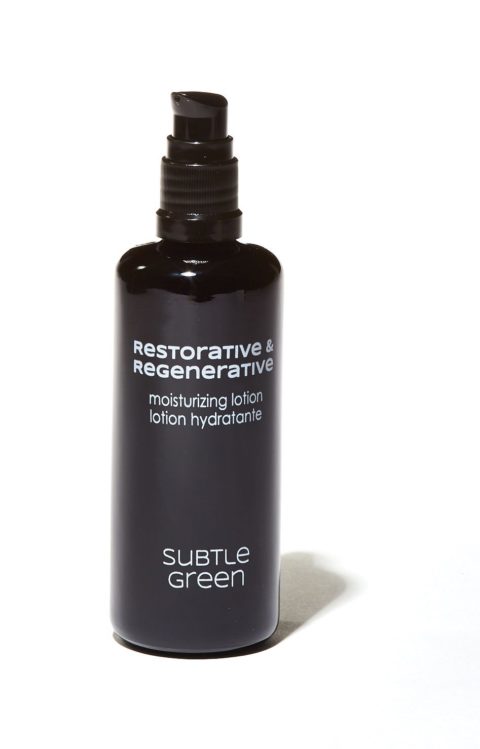Small-Batch Beauty Could Be the Update Your Skincare Routine Needs
Most of us wouldn’t think twice about tossing out a container of Greek yogourt when it’s past its best-before date, yet when it comes to expensive skincare products, we hold on to them like we’re hoarders. But even though a product might look, smell and even feel fine on the skin two years in, chances are it’s not doing a whole lot beyond dressing up your vanity.
That’s where the next-gen, natural, small-batch beauty brands come in, embracing freshness and transparency, including best-before dates from as little as 90 days. It’s the beauty version of the cold-pressed-juice craze. “I like to use food as an analogy: A peach is at its best when it’s fresh and so much better in taste and nutritional value than when it’s canned,” says Tata Harper, who helped pioneer the farm-to-beauty movement with her eponymous luxe natural-skincare brand that manufactures its own small (but growing) inventory each month.
The result of leveraging natural ingredients like cold-pressed oils and unrefined raw exotic butters and processing them in a deliberately fresh and fast way (Tata Harper employs minimal processing for all its ingredients) is a more active payoff. “Fresher products mean that ingredients are at their peak and there’s much less risk of losing effectiveness,” says Harper.
Unlike in the food industry, expiration dates for cosmetics are not required in Canada (or the United States) and safety is the responsibility of the manufacturer, which is where synthetic preservatives like parabens and benzyl alcohol that extend shelf life come in handy. “If you guarantee that your formula is stable for a minimum of two and a half years, you can leave out the expiry date,” says Jasmi Bonnén, founder of Denmark-based Nuori, a premium natural-skincare brand that touts the hashtag #fightforfresh.
Nuori’s small-batch beauty products are blended every 12 weeks with two dates stamped on its minimalist-designed products: a “start using by” date (which Bonnén says is the last day they want to see a product in-store) and an expiration date. Bonnén had a light-bulb moment 10 years ago while she was working for L’Oréal. “I started wondering what actually happens to the formula in the jar after two and a half years and was shocked to learn how quickly some ingredients, like vitamin C, break down,” she says. In other words, stability and efficacy aren’t mutually exclusive. Vitamins like A, C and E start losing benefits after they are blended into formulas containing water. The other issue, says Bonnén, was preservatives and stabilizers that prolong shelf life versus improve skin. “I thought, ‘There is a compromised efficacy and purity that we could solve if we started selling freshly blended skincare.’”
While the idea of kitchen chemistry isn’t new, the movement toward small-batch beauty and customization takes it a step further. “You can make a basic cream in a blender that you can sell at a farmers’ market, but in order to reach a level of sophistication in terms of textures and ingredients, you have to go beyond being a kitchen formulator to using the right tools and process,” explains Chitra Desikan, a former aerospace engineer who is the founder of Subtle Green, a Canadian brand that offers fresh bespoke skincare. Creams, cleansers and serums are blended in her Montreal-based workshop as soon as she receives online orders, which are gleaned from an à la carte-style menu based on skin issues that customers want to address. The turnaround time is a mere 48 hours, and the products last six to eight months, depending on what ingredients are used.
The business of small-batch beauty isn’t without its challenges, however. “It’s much more difficult to manage on the production side,” says Bonnén. While Bonnén and Desikan can offer benefits like ingredient transparency, they also rely on expensive natural preservatives like potassium sorbate (derived from berries, it helps prevent bacteria and mould growth) and pricey fresh ingredients such as essential oils and anti-aging actives like vitamins C, A and E. At Subtle Green, the bottles are hand-filled, which also drives its costs higher than those of traditional drugstore brands. Packaging, too, is more costly: Airless pumps and opaque bottles must be used to prevent the products from degrading.
As the natural-skincare industry evolves through innovation, there’s still a long way to go. “Natural preservatives are one of the largest growing subjects that cosmetic chemists are looking at, and they still haven’t found the magic bullet,” says Dr. Jeannette Graf, assistant clinical professor of dermatology at Mount Sinai Medical Center in New York. “When it comes to efficacy, synthetically preserved products are more stable, so the sooner natural products that are made fresh are used the better.”
Just like you wouldn’t eat a rotten peach for health reasons, don’t put your skin at risk with stale skincare (which can usually be identified by texture, smell and colour). “If a product has turned, it can mean it has oxidized or grown mould, fungus or bacteria,” says Graf. “Using [stale skincare] is never a good idea, as skin can potentially develop irritation or infection.” A good rule of thumb: Just like food, natural skincare should be seasonal.
Shop natural, fresh or small-batch beauty products below:
The post Small-Batch Beauty Could Be the Update Your Skincare Routine Needs appeared first on FASHION Magazine.


